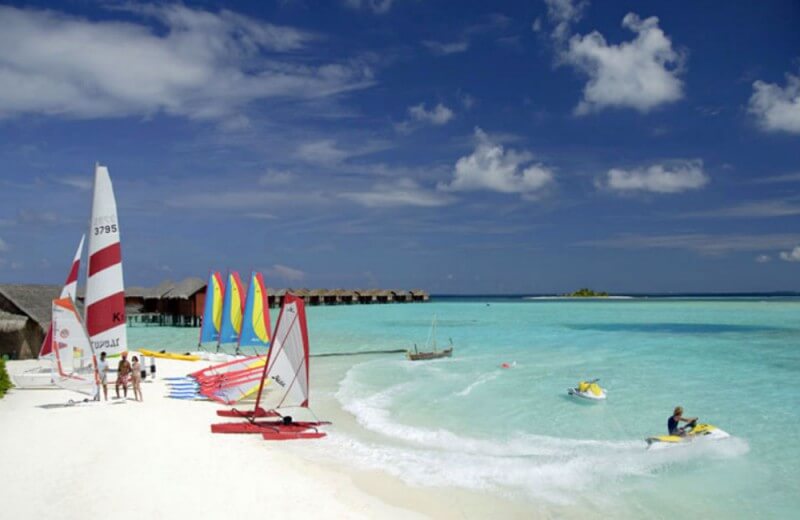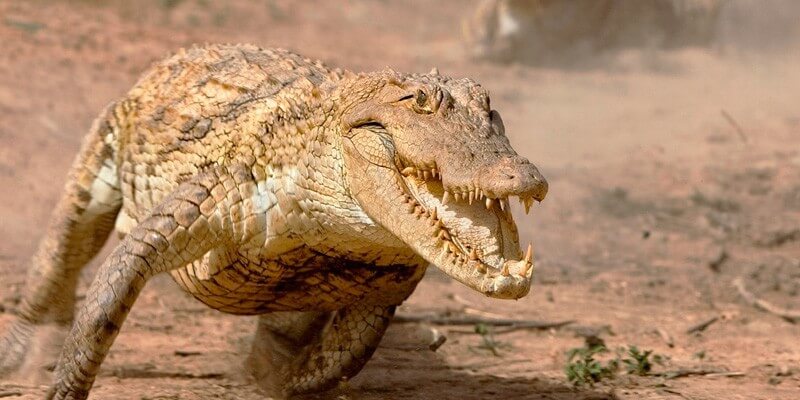Danger in Greece
Rating: 8,0/10 (4343 votes)   Sun protection and headwear will protect from the active Greek sun Sun protection and headwear will protect from the active Greek sunGreece is a safe enough destination - no special vaccinations are required to travel here. Only in some outlying areas there is a slight risk of rabies and tetanus, but the overall situation in the country is stable. Only safety measures against hepatitis and food poisoning deserve attention. Dangers of food in Greece The water from the mains supply is absolutely safe to drink. Milk, meat, seafood, vegetables and fruits do not pose a threat to health. The danger of the climate in Greece Greece has a very hot climate, the sun is extremely active, so you need to take care of your protection from solar radiation, heat damage and dehydration. Protective measures include sunscreen, goggles, a hat, light cotton clothing and lots of liquid. In the mountains, the weather is very changeable, it is better to be prepared for precipitation. Winter and autumn can be quite cool at all.  Sea urchins can be found on the seabed Sea urchins can be found on the seabedDangers on the coast and sea in Greece Greece has a fairly long coastline , therefore, it is not surprising that natural conditions vary significantly in different parts of it. Not all places are suitable for swimming, in some places there are steep coastal slopes, slippery boulders, deep pits sprinkled with foliage and viscous overwatered sand. All this significantly spoils the experience of bathing. This is not to mention the very bottom - somewhere shallow water is gently sloping, somewhere sea urchins have filled everything. Some areas may be closed for swimming. Rubber slippers will provide reliable protection against cuts and slippage. Another threat off the coast is jellyfish. which, while not fatal, are still troublesome. You should also be wary of poisonous spiked rays and sea dragon fish, which are disguised in the sand near the tidal zone. Other dangers on the coast include a strong current between the islands and a high number of turbulence zones.  Medusa is another of the troubles of the Greek coast Medusa is another of the troubles of the Greek coastDangers in Greece on land On land in Greece, there are fewer dangers, but they also exist. The country is home to one species of poisonous snakes, scorpions and insects. Among the latter, ticks and other blood-sucking reptiles are very common. Mosquitoes do not spread malaria in Greece, and ordinary repellents are sufficient as a protective measure. But the Asian mosquito can become a source of infection for several viruses at once. Sand fleas, which are carriers of leishmaniasis and other infections, are also a threat. Among other insects, wasps and bees cause trouble. The Greeks get rid of them with the smoke of burning coffee beans or dried coffee grounds. Bite pain can be relieved with aspivenin - available at any pharmacy. There are no poisonous plants in Greece, but there are quite a few sources of allergens. This includes mountain pine (active from April to May) and numerous cereals (April-June).  One species of poisonous snakes, scorpions and insects lives in the country One species of poisonous snakes, scorpions and insects lives in the countryVisiting mountainous areas carries the risk of being hit by a landslide or avalanche. Rockfalls along the roads are not uncommon - the protective measures taken on the mountain slopes do not allow to effectively deal with them. Crime and public safety in Greece Greece has been going through hard times in recent years, the country is in a political crisis and severe economic instability. In this regard, an increase in crime has been recorded. What kind of danger does all this entail for a tourist? Well, first of all, petty theft is quite common. Secondly, all sorts of strikes by employees of the airport or other tourist facilities are possible.  Result of rockfall Result of rockfallIf you are not afraid of danger , then you can leave a request for the selection of a tour to Greece and go there soon.We also recommend reading Ethnographic Museum (Etnografski muzej) description and photos - Croatia: Split Topic: Danger in Greece. |




